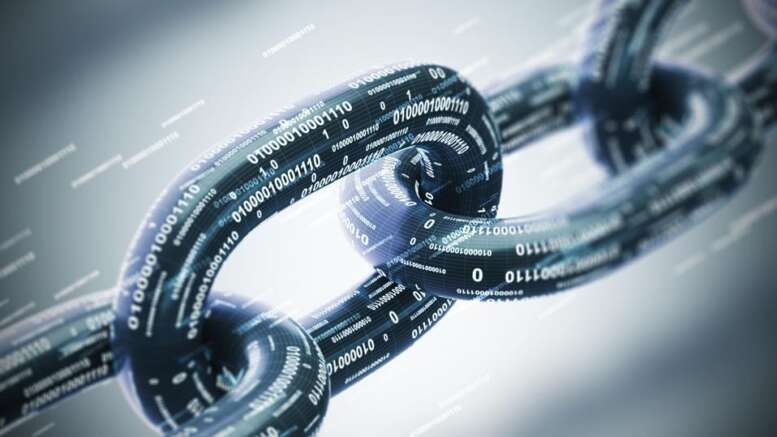Blockchain is most commonly referred to as a ledger system – a series of transactions that are recorded over a period of time. Consider it like this, each block is an individual record or entry in a ledger book, and the blockchain is the entirety of records in that book. Each of these blocks is linked to each other, thus forming a chain.
Each block features a timestamp, a cryptographic hash and various accompanying pieces of information. The cryptographic hash connects each block to the one that precedes it – thus forming a blockchain. After a block is created, it is permanently linked to that particular blockchain forever. This means that the data saved on that blockchain is immutable i.e. cannot be edited or corrupted.
How then, can this indisputable chain of custody and advanced security protocols improve healthcare data exchange? This is due to the built-in standardization of blockchain and this is the reason why many have claimed it to be the future of medical record and data exchange.
One of the things that makes blockchain so secure is it is almost impossible to hack or breach. Hacking one particular block within a blockchain is not possible without simultaneously hacking each and every block in the chain’s chronology. This is one of the reasons why blockchain is an attractive prospect to doctors and hospitals as it offers secure access to a patient’s complete and accurate medical history.
Listed below are key areas of healthcare that can particularly benefit from the implementation of blockchain technology:
Community Health Records
The level of security and completeness provided by a blockchain medical record is far superior to anything used currently. This means that a healthcare provider can, in a few seconds, look through a patient’s medical record and know their current medical status without having to comb through notes, diagnoses, lab results, disease registries etc. As each block in the chain is time stamped, it is easy to search for the latest information. A healthcare provider would come across the newest information first, such as a prescription, and can work backward to go through the rest of the medical information about the patient and find out what the patient has gone through accurately.
Nationwide Interoperability
Blockchain is not restricted by geographical regions, state lines, electronic health record (EHR) systems or even health systems as any medical data is directly linked to the patient. This means that regardless of where the patient was previously treated or what EHR the doctor utilized, the data from these visits would be logged in the blockchain forever, and cannot be removed or altered in any way from that patient’s history.
Interoperability, the true aim of blockchain technology, can be integrated by using sophisticated APIs to transform EHR interoperability and data storage into a highly reliable process. As blockchain networks are only shared with authorized providers in a secure and standardized manner, it eliminates the expenses and burden that are commonly linked with data reconciliation.
Patient Matching
Currently, the use of blockchain applications for patient matching is still being researched. Leveraging blockchain for patient data ensures that the data is inherently more accessible and secure. As there are fewer siloes, patient matching improves significantly through uncluttered machine learning and the elimination of all the various touchpoints and potential points of failure when matching recent transaction data to a single patient.
Smart Contracts
One more feature of blockchain that has demonstrated great potential in healthcare is ‘smart contracts’. A smart contract can be considered to be a computer protocol that is intended to digitally adhere to, verify or enforce the terms and conditions or performance of a contract. Smart contracts enable the execution of credible transactions without involving third parties. These transactions are quite transparent meaning they are trackable and irreversible.


Be the first to comment on "How Can Blockchain Be Used For Data Sharing?"